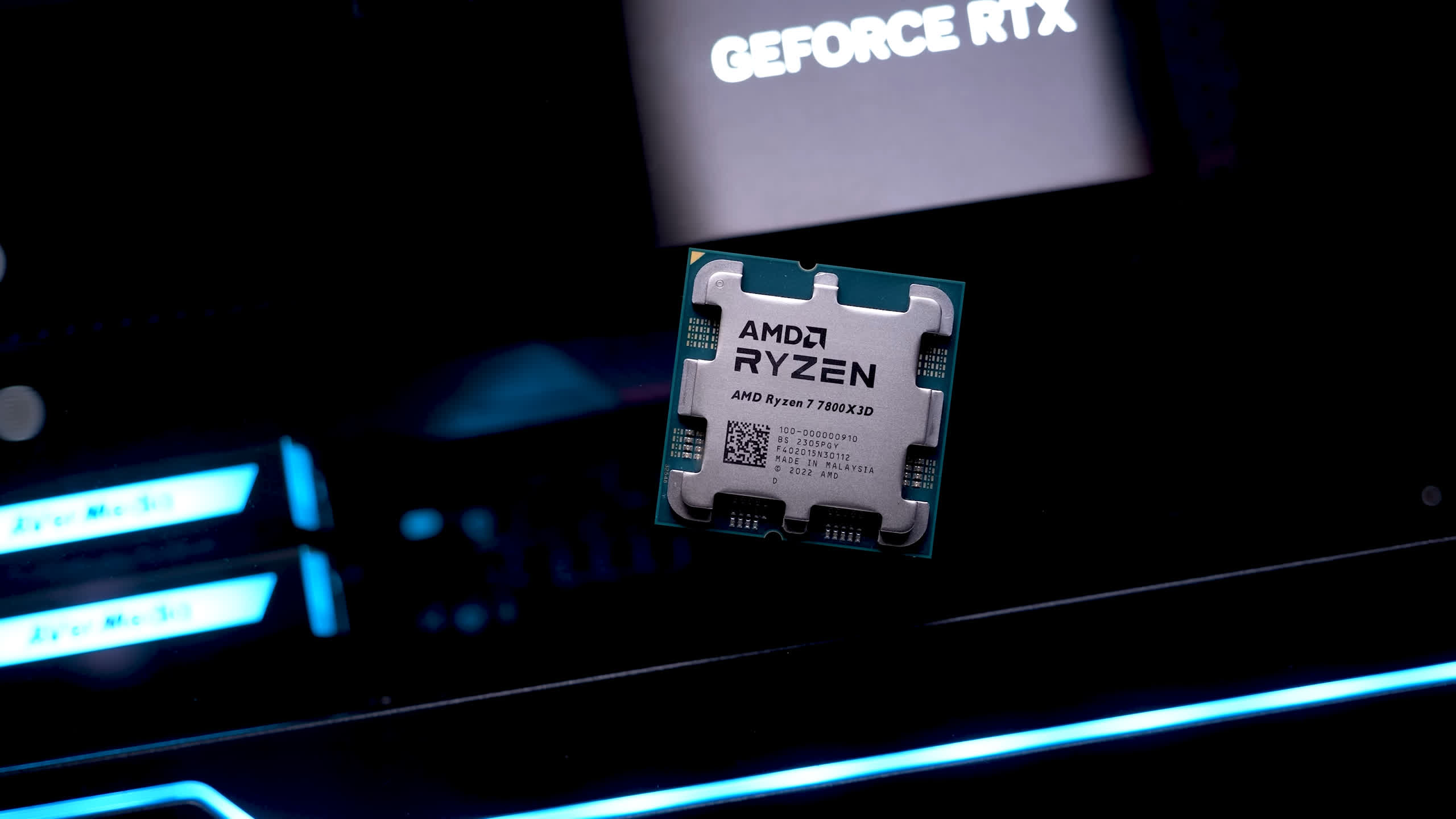As previous posters pointed out your problems with reasoning and other CPUs you'd get if productivity was your concern not to mention that this article is specifically about gaming, I wanted to focus on the power usage, which you think isn't a big deal. Where I live, it's $0.56 per kWh (and it gets more expensive as you use more electricity, price so high thanks to greed and deregulation). So, let's see... say we use the computer for 8 hours a day, that adds up to about an extra $163.52 each year. Which, when you're comparing cost as much as they are in this review, that counts. Also, not to mention 100W of extra heat in your room, which would require additional room cooling. Although, I guess that'd be nice in the winter, but in general I'd think cooling a localized room would be what you'd be doing more since you'd probably heat your entire house another way.
